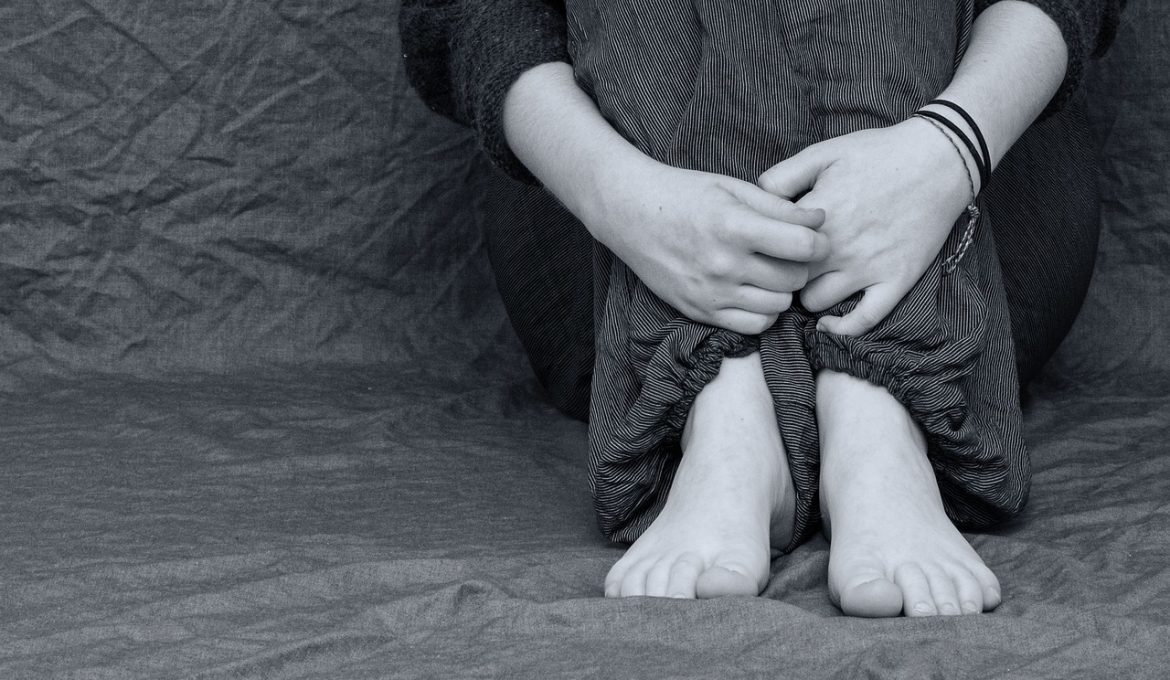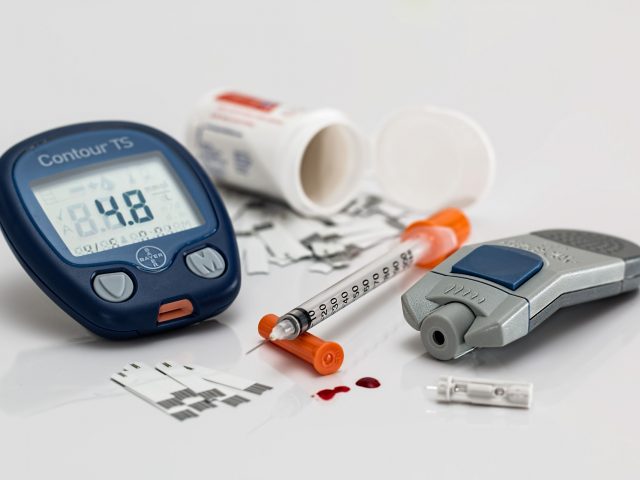If you suspect that your teenager is depressed, it is vital that treatment is sought as soon as possible. Depression is a huge risk factor for suicide, and it can have a huge knock-on impact on the rest of your child’s life.
A depressed teenager is unlikely to be able to reach their potential academically or socially. So they must be treated as soon as possible in order to minimize the negative impact on the rest of their lives.
Diagnosis is key
If you think that your child is depressed, it’s important that you get a diagnosis as soon as possible so that the most appropriate course of treatment can be started.
Your physician can make a diagnosis, and it’s important that you go to them in the first instance because they will be able to run tests and rule out any underlying physical causes that may be causing the issue.
Educate yourself on depression
It’s important that you educate yourself on depression, how it might impact your child, and the treatment options available. By having a greater understanding of the illness yourself, you are much better able to provide support.
It’s also important that you understand the impacts of a depressed child on you and the rest of your family. It can be an incredibly challenging thing to live with for everyone involved, and it’s important that you seek out support for yourself, too.
Treatments
Various treatment options may be presented to you if your teenager is depressed, and it’s a good idea to understand what they are and what they entail to understand whether they will be a good fit for your child. Some of the options are:
- Cognitive Behavioral Therapy. This is a type of therapy where your child will be taught to challenge their negative thoughts and reframe them so that they are more helpful.
- Talk therapy. This is what most of us think of when we think about therapy. Your child will talk through their problems with a licensed therapist.
- Inpatient treatment. Some teens see real improvements by spending some time in a therapeutic environment like that at igniteteentreatment.com, intensively addressing their problems with a team of trained professionals.
- Medication. There are multiple types of medication available which your physician can discuss with you and decide whether they are appropriate in your child’s case.
It can also be beneficial to make small lifestyle changes, such as supporting your child to exercise and eat healthily.
Communication
One of the most important things you can do is to show your child that you love them and keep the lines of communication about what they are going through open.
You may find that your child doesn’t want to talk initially, but it’s important to persevere so that they know that they are cared for and have someone that they can talk to. Depression often convinces people that the people who love them really don’t, so your love may not be as obvious as you think it is.



